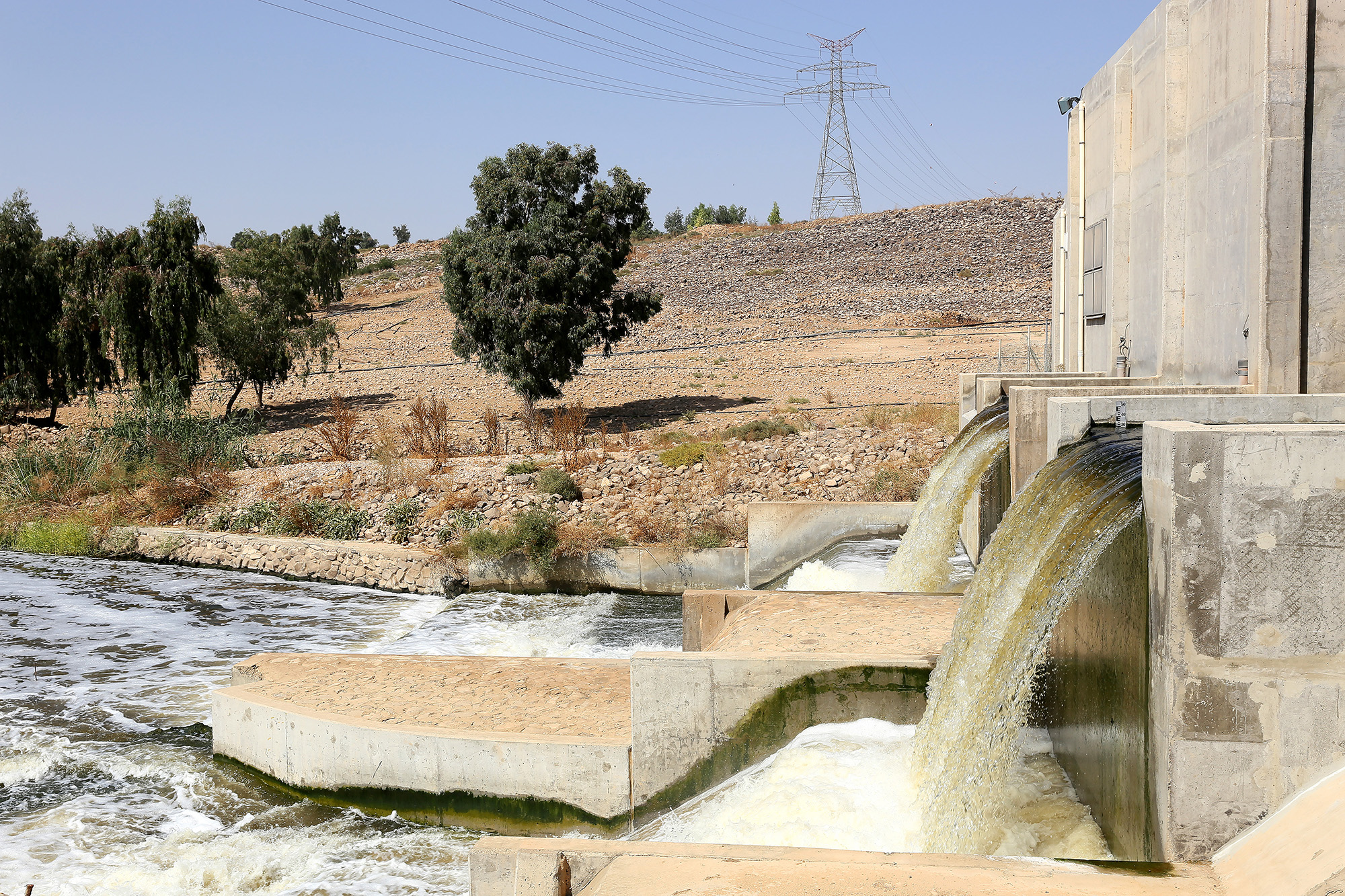June 5 is World Environment Day, and in MCC’s partner countries, environmental preservation is critical to economic growth and poverty reduction. When countries safeguard their environment, they ensure that essential natural goods and services like clean air and water, fertile soil, and renewable energy are protected for future generations. But when natural resources that are essential to development are compromised or destroyed, it becomes even more difficult to generate and sustain economic growth.
MCC’s Compact with the Government of Moldova funded the rehabilitation of Soviet-era pumping stations to improve the quantity and quality of irrigation water.
People in poverty, subsistence farmers, and those in rural areas are the most vulnerable to environmental degradation because they rely on natural ecosystems for their food security and livelihoods. Without fertile land, farmers in Moldova can’t grow crops to support their families; and without clean water, communities in Zambia suffer from diseases like cholera and typhoid.
MCC believes that countries should be encouraged and rewarded for protecting their environment, so in 2007, MCC introduced the concept of environmental protection to its annual scorecards after more than a year of research and consultation with environmental experts. The Natural Resource Management indicator included data on several components of environmental health, including protection of biomes such as forests and grasslands, access to clean water, access to sanitation and child mortality rates. In 2012, MCC took things a step further and decided that environmental protection warranted its own indicator, and it evolved into the Natural Resource Protection indicator we see on MCC’s scorecard today.
Developed by the Center for International Earth Science Information Network at Columbia University (CIESIN), with underlying data from the United Nations Environment Program (UNEP), the Natural Resource Protection indicator assesses whether a country is protecting at least 17 percent of all of its biomes (deserts, forests, grasslands, tundra, etc.), which is the target set in the Convention on Biological Diversity, a multilateral treaty that reaffirms states’ responsibility to conserve “their biological diversity and for using their biological resources in a sustainable manner.” By using this indicator as part of MCC’s scorecard, the agency sends a clear message that the environment matters – particularly for economic growth – and encourages countries to protect their natural habitats and resources.
And we’re seeing results. As part of Niger’s effort to improve its MCC scorecard performance to become eligible for an MCC compact, the Government of Niger expanded the Termit and Tin Toumma National Nature and Cultural Reserve in March 2012. The reserve is now a protected area the size of Indiana – one of the largest single protected areas in Africa – and safeguards a number of endangered animals. Niger’s conservation efforts eventually led to the country passing the Natural Resource Protection indicator in 2013, and contributed to Niger ultimately passing MCC’s scorecard and becoming eligible to develop a compact.

MCC-funded As-Samra wastewater treatment plant in Zarqa, Jordan, provides clean water that supports area farmers as well as residents in Amman.
Back in 1988, World Environment Day’s celebrations centered on the theme “When People Put the Environment First, Development Will Last.” MCC agrees that protecting the environment is essential to sustainable economic growth. From water resource management and conservation efforts in Jordan, to funding technical support and training on sustainable land management and agricultural practices in Malawi, MCC’s work is helping to preserve Earth’s resources and change people’s lives for the better.

